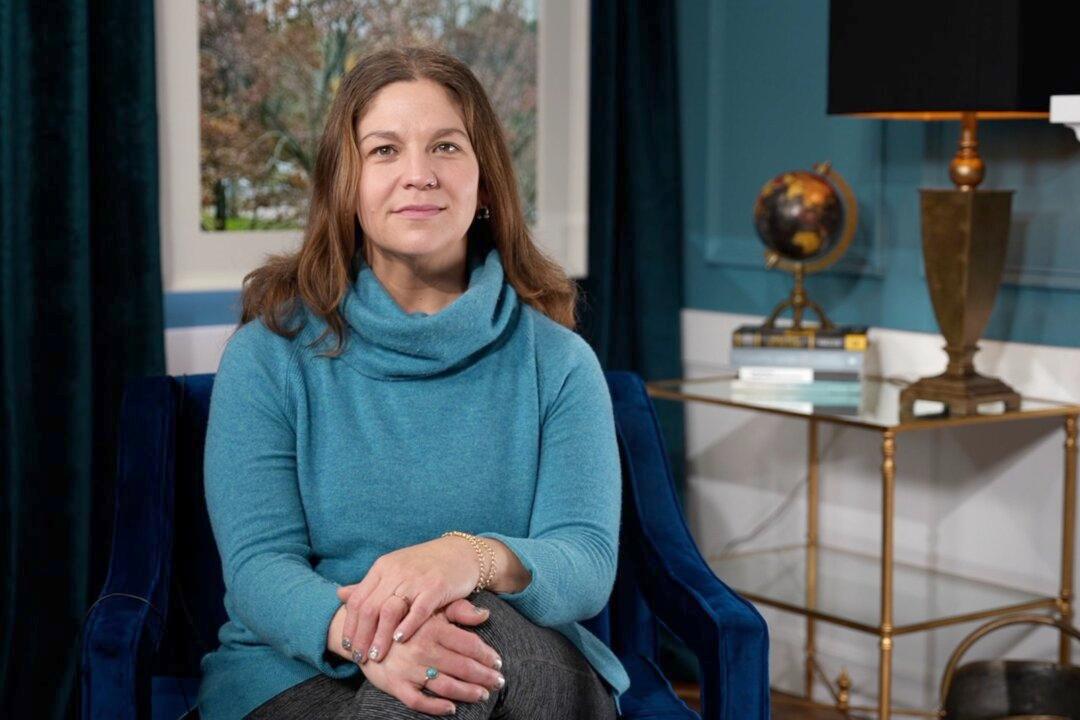In a recent episode of “American Thought Leaders,” host Jan Jekielek talks with Jamie Reed, who worked as a case manager at a pediatric gender clinic. After witnessing the irreversible effect that “gender-affirming” care was having on children, she decided to speak out. She was recently instrumental in Missouri state legislation that extends the statute of limitations for those harmed by gender treatment. That fear of liability, claims Ms. Reed, was enough to close her former gender clinic.
Jan Jekielek: The clinic has closed, so that has been a significant change.






